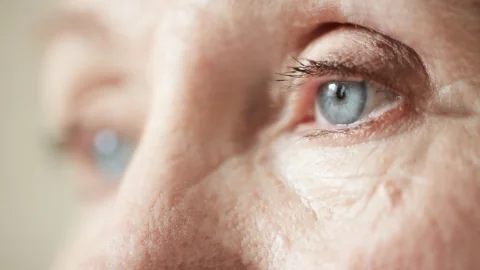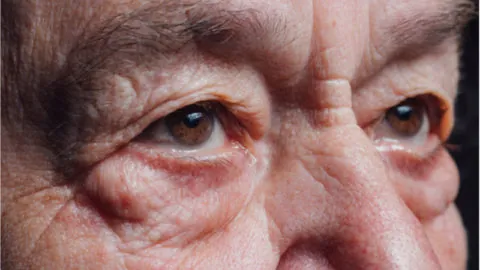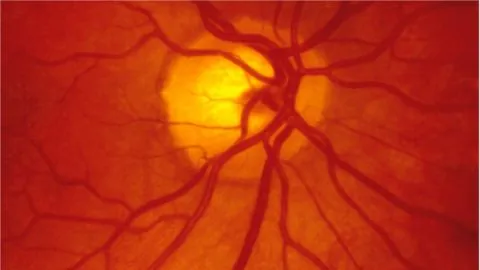October 22, 2025
Researchers have partially reversed age-related vision decline in mice by injecting lipids directly into the retina [1]. The lipids in the retina The membranes that surround our cells are made of lipids and proteins. The composition of lipids, which changes as we age, impacts many biophysical properties of these membranes. In this study, the researchers...
December 15, 2022
Publishing in Free Radical Biology and Medicine, a team of Chinese researchers has investigated the potential role of autophagy in fighting oxidative stress and potentially staving off age-related macular degeneration (AMD). AMD, oxidative stress, and autophagy AMD comes in two major forms. In the nonexudative (dry) form, material builds up behind the retina, while in...
May 03, 2021
Following a significant adverse event in which a patient lost vision in an eye treated with ADVM-022, Adverum Biotechnologies has unveiled the details of its Phase 2 trial of this gene therapy for diabetic macular edema. An overgrowth of blood vessels Wet age-related macular degeneration (AMD) is caused when blood vessels from underneath the retina...
April 26, 2021
In a new paper published in Aging, researchers have determined that directly improving autophagy through flubendazole (FLBZ) is potentially useful in treating dry age-related macular degeneration (AMD), a disease that causes vision loss. An accumulation of lipids Dry AMD shares a surprising commonality with atherosclerosis. As our macrophages attack the fatty (lipid) deposits in our...
February 08, 2021
A review published in the Journal of Neuroinflammation explores the potential application of senotherapies, particularly in the context of treating age-related macular degeneration [1]. Introducing cellular senescence One of the most advanced approaches to treating aging and age-related diseases is that of addressing the presence of harmful senescent cells, which begin to accumulate with advancing...
April 21, 2020
A group of researchers has succeeded in directly reprogramming fibroblast cells into photoreceptors and transplanting them into mice, which resulted in partial restoration of vision [1]. This achievement can potentially lead to the development of cheap and effective treatments for retinopathies such as age-related macular degeneration (AMD), the leading cause of vision loss in older...






